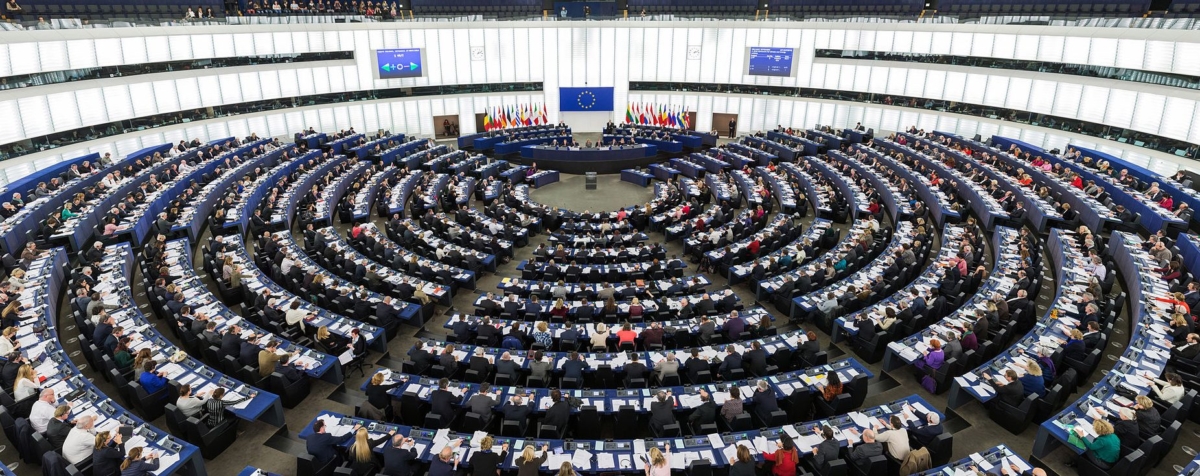We like journalists here at Transparency International. They are, on the whole, an honourable breed doing thankless work to impossible deadlines in an industry that finds it harder and harder to pay them a living wage. So when an article appears in a reputable newspaper that claims to be based on our EU Integrity Watch website, but draws unfounded conclusions and makes a number of inaccurate claims about how much individual MEPs earn, we take a charitable view. Perhaps the pressure of deadlines meant that the journalist didn’t have time to look at the explanatory text on our website, or, as we suggested, look at the actual financial declarations of the MEPs named in the article. Perhaps an overworked or overeager subeditor gave the article a headline that isn’t faithful to the journalist’s copy. Perhaps someone simply forgot to attribute quotes properly.
The Daily Telegraph’s article on MEPs’ outside activities that was published on Tuesday is not terrible and does contain a lot of accurate and useful reporting. Where it falls down is in presenting the most damning interpretation of the imprecise information that MEPs publish on their monthly earnings. It also inexplicably gives the impression that the views of other organisations such as Corporate Europe Observatory are ours as well. We have tried to clear all this up in a letter we sent to the Telegraph’s editorial team yesterday (see below). Heaven only knows if they will print it, so we decided to put it on our website in any case.
In case it’s not 100% clear from the letter, we want to spell out a few things loud and clear for any future journalist or CSO looking around the website:
- – The website does not give precise information on MEP’s external income, because the information is taken from the financial declarations that MEPs post on the European Parliament website. There is a problem with the very wide bands that the Parliament uses to declare monthly income. The fact that the declaration forms do not allow MEPs to indicate that they earn zero income from their activities, as is frequently the case, is also a problem. We have recommended to the Parliament that they change both these.
- – Consequently, reporting the highest possible figure as the amount an individual MEP earns from outside activities is, quite simply, spin.
- – We do not believe that there should be a ban on MEPs having second jobs. There is an interesting discussion around this, especially when those second jobs involve lobbying the European Parliament, but for now we think the most important thing is that all outside activities are reported accurately and potential conflicts of interest are properly managed.
- – As regards conflicts of interest, these can arise in the case of paid or unpaid activities. That is why we allow people to rank MEPs on the basis of the number of outside activities as well as on their external income.
We hope this and the letter below will clarify things for people who are interested in using the Integrity Watch website for its intended purpose: to make it easier for the public to monitor whether MEPs may have potential conflicts of interest in the process of making EU legislation. For much the same reasons, we hope to expand the information on the website later this year to include other important legislative actors.
Letter to the editor of the Telegraph
Sir,
In regards to the article published yesterday “One in five MEPs earns more than €12,000 a year from other work” Transparency International would like to outline a number of clarifications.
Our website EU Integrity Watch extracts information directly from the European Parliament on MEPs declarations of financial interest. These declarations do not declare outside incomes as exact figures, but rather in income categories such as 1000 – 5000 euros per month. The actual income of an MEP in that category can thus lie anywhere between 1000 and 5000 euros. It is currently impossible to declare an unpaid activity as the lowest category is “under 500 euros per month”. The only possibility for MEPs to specify that a given activity is indeed unpaid is to do so in the text.
When ranking MEPs by their outside income, only the minimum is taken into account on our website, as it is the most reliable figure in the declarations. In your article you mention a number of MEPs with “high outside earnings”, including Charles Tannock and Richard Howitt. Howitt declares a number of activities, but specifies that every single one is unpaid. Tannock does not explicitly specify, but all his activities fall in the category that could be unpaid. To assume that they have a high outside earning is misleading and incorrect. The misreading of income ranges has also lead to a slight inaccuracy when it comes to the title of the article. Indeed, only 16% not 1/5 of MEPs earns more than 12 000 euros per year on the side.
Finally we would like to point out that some quotes in the article can misleadingly be attributed to us. We are referring to the paragraphs: “This led to the development of the code of conduct for MEPs, which transparency campaigners have branded as “woeful”. They say the new TI study illustrates the need to tighten parliamentary rules and are demanding a ban on outside directorships and consultancies for MEPs.” The campaigners referred to in this paragraph are not from Transparency International, and we do not think, for all its faults, that the existing code of conduct is “woeful”. However, since no other source than ourselves is identified in the article it misleadingly seems like these judgements and demands came from Transparency International.
We would be grateful if you could make the necessary corrections to the online article and publish this letter.
Yours sincerely,
Carl Dolan
Director



